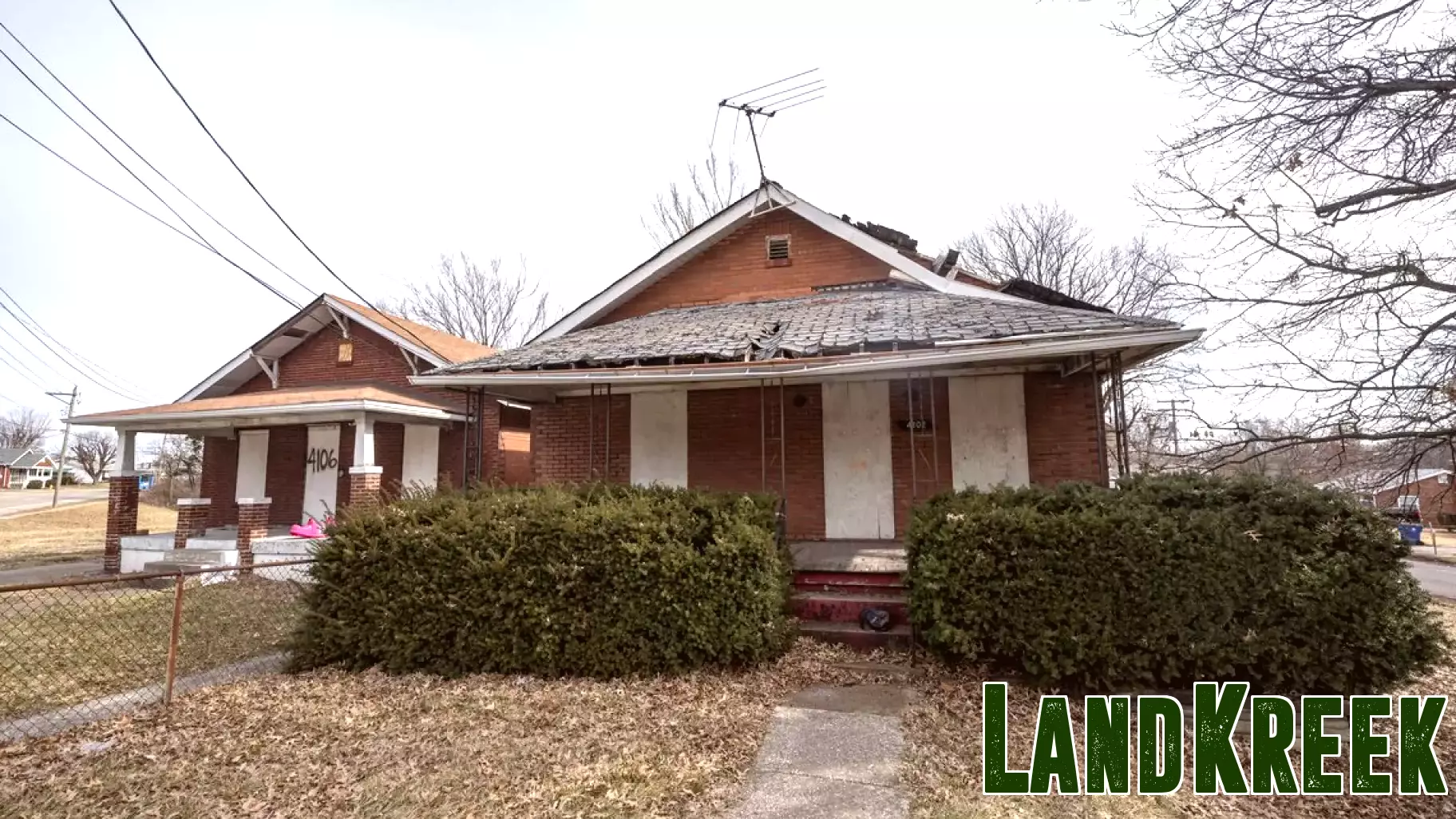Examining Land Banks and the Evolving Legal Landscape
February 18, 2025 - 05:04

The emergence of land banks has sparked a significant discussion within the real estate sector, raising questions about their impact on local economies and housing markets. These entities, designed to acquire, manage, and repurpose vacant or abandoned properties, aim to revitalize neighborhoods and promote affordable housing. However, critics argue that land banks may inadvertently contribute to gentrification, pushing original residents out of their communities. As cities grapple with these challenges, the effectiveness and long-term benefits of land banks remain a contentious topic among policymakers and community advocates.
In parallel, the legal profession is undergoing a transformation, driven by new players and innovative practices. Traditional law firms are adapting to the changing landscape by incorporating technology and alternative service models. This shift not only enhances efficiency but also broadens access to legal services, particularly for underserved populations. As these changes unfold, the legal industry is poised to redefine its role in addressing societal issues, including those related to real estate and community development. The intersection of these two narratives underscores the complexities of urban growth and the need for thoughtful solutions.
MORE NEWS

February 25, 2026 - 00:36
People Moves: Rodriguez To Lead EPIC National Real Estate Practice; AXA XL Names Carnazza Head of Construction Property, Americas; Wischmeyer Joins Marsh's Digital Infrastructure PracticeThe insurance brokerage and underwriting landscape is witnessing significant strategic hires, with three major firms announcing new leadership appointments in specialized practice areas. EPIC...

February 24, 2026 - 00:21
Century 21 Real Estate Announces its 2025 GLOBAL 21, Honoring Leading Real Estate Achievers Across its International NetworkThe CENTURY 21® brand has unveiled its 2025 GLOBAL 21, an annual recognition celebrating the most exceptional sales professionals and teams within its expansive worldwide network. This...

February 23, 2026 - 03:52
San Antonio man pleads guilty to $69.5 million real estate fraud schemeA San Antonio man has entered a guilty plea in federal court for orchestrating a massive real estate investment fraud that defrauded victims of approximately $69.5 million. The plea was formally...

February 22, 2026 - 20:00
Top 10 Brooklyn Listings: A Bed Stuy TownhouseA stunningly renovated townhouse in Bedford-Stuyvesant has captured the top spot among the most-viewed Brooklyn listings this week. The fully detached home exemplifies modern luxury within a...